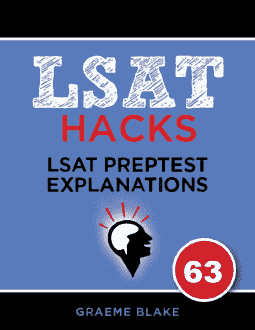DISCUSSION: I discussed disagreement to some extent in the passage analysis. It’s not clear whether the authors actually disagree. But this question is just asking about “likelihood” of disagreement.
The core of the potential disagreement is that the author of passage B says objective historians should make arguments. The author of passage A leans more towards neutrality.
Most people would agree that in disputes, it’s possible for one side to be objectively right, and another to be objectively wrong. So the author of passage B might think an objective historian should take sides in some disputes. Whereas the author of passage A seems less likely to think that objective historians should take sides.
___________
- On line 36, the author of passage B agrees detachment is useful. We have no reason to think that the author of passage A would disagree: detachment is neutrality.
- CORRECT. The author of passage B says historians should make powerful arguments for the truth. Such a historian might judge that a certain political party is objectively correct, and support that party.
Lines 20-22 in passage A say that objective historians should avoid political commitments. - Neither author mentions whether today’s historians are more or less objective.
- Both authors dislike propaganda. See lines 16-18 and paragraph 1 of passage B (line 28).
- Neither passage mentions historians of different eras.


Leave a Reply